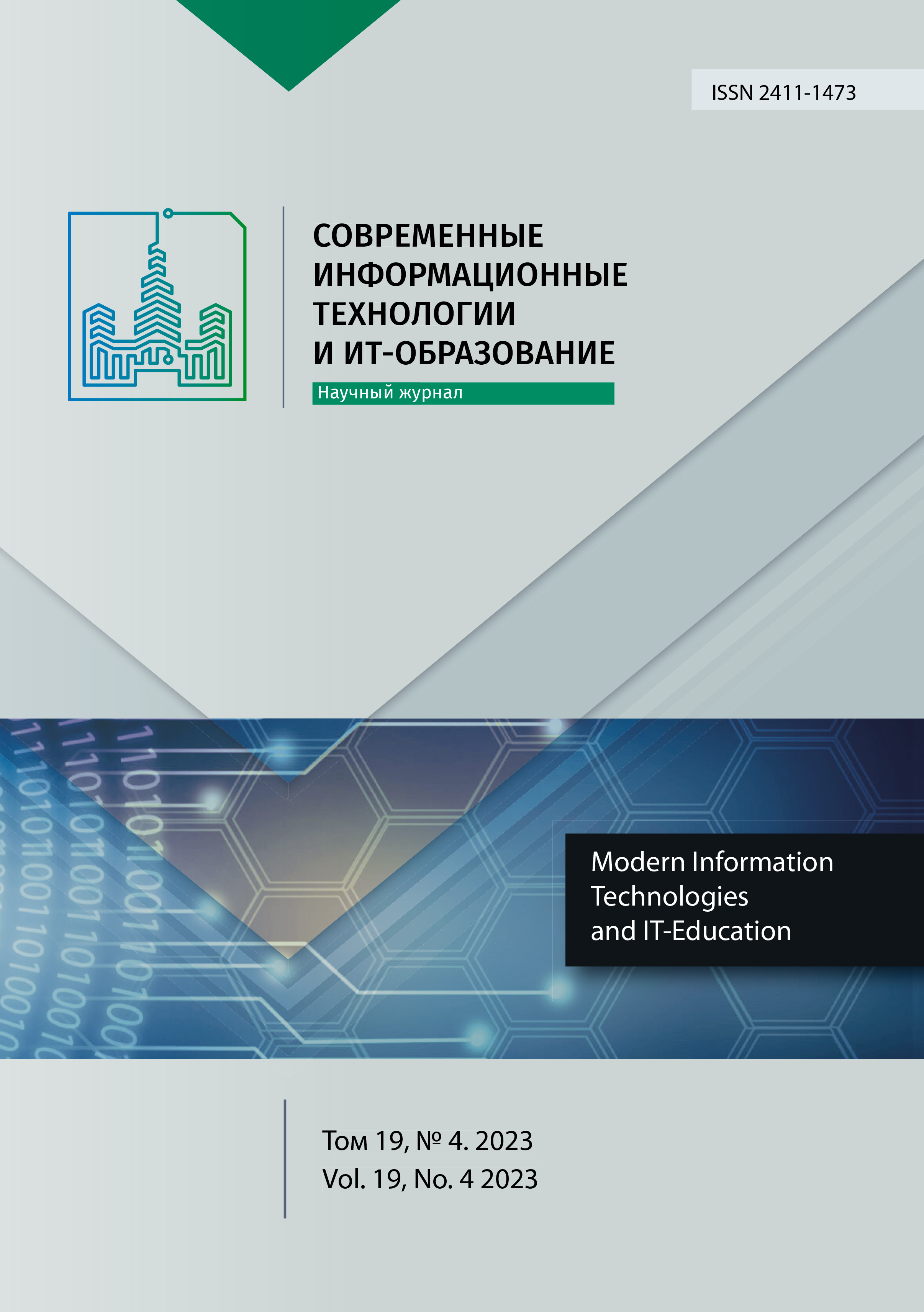Анализ поллинговой модели узла сети интегрированного доступа и транзита
Аннотация
В данной работе построена поллинговая модель обслуживания узла сети интегрированного доступа и транзита (Integrated Access and Backhaul, IAB) с целью анализа вероятностно-временных характеристик (ВВХ) системы, что даст возможность оценки задержек передачи пакетов в сети. Поллинговая система массового обслуживания предполагается марковской. Одна из очередей предназначена для хранения пакетов от родительских узлов сети IAB, а вторая – от дочерних узлов и ассоциированных с данным узлом пользовательских устройств. Циклический опрос очередей позволяет учесть главную особенность IAB в сетях 5G – полудуплексный режим передачи пакетов. С помощью аппарата марковских процессов получены формулы для расчета времени ожидания заявки и времени пребывания заявки в системе, которое соответствует задержке передачи пакета в узле. Результаты численного анализа позволяют дать оценку сверху для длительности переключения прибора, при которой выполняются ограничения 5G NR на задержку для сетей с одним релейным узлом.

Это произведение доступно по лицензии Creative Commons «Attribution» («Атрибуция») 4.0 Всемирная.
Редакционная политика журнала основывается на традиционных этических принципах российской научной периодики и строится с учетом этических норм работы редакторов и издателей, закрепленных в Кодексе поведения и руководящих принципах наилучшей практики для редактора журнала (Code of Conduct and Best Practice Guidelines for Journal Editors) и Кодексе поведения для издателя журнала (Code of Conduct for Journal Publishers), разработанных Комитетом по публикационной этике - Committee on Publication Ethics (COPE). В процессе издательской деятельности редколлегия журнала руководствуется международными правилами охраны авторского права, нормами действующего законодательства РФ, международными издательскими стандартами и обязательной ссылке на первоисточник.
Журнал позволяет авторам сохранять авторское право без ограничений. Журнал позволяет авторам сохранить права на публикацию без ограничений.
Издательская политика в области авторского права и архивирования определяются «зеленым цветом» в базе данных SHERPA/RoMEO.
Все статьи распространяются на условиях лицензии Creative Commons «Attribution» («Атрибуция») 4.0 Всемирная, которая позволяет другим использовать, распространять, дополнять эту работу с обязательной ссылкой на оригинальную работу и публикацию в этом журналe.













